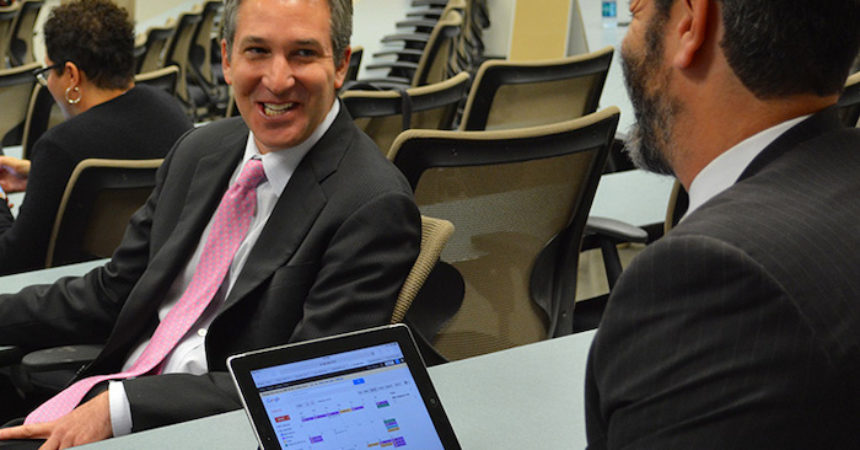
House athlete pay plan would include ‘bill of right’
By Ana Ceballos and Jim Turner
News Service of Florida
Athletes at Florida universities and colleges would get a “bill of rights” guaranteeing financial aid and health coverage as part of a House draft proposal intended to allow athletes to cash in on their names and images.
The proposal, released last Thursday by the House Commerce Committee, outlines potential compensation for “name, image, likeness or persona” but maintains that pay for on-field performance would remain prohibited.
“It’s really a bill of rights, and it’s focused on their time while in school,” said Commerce Chairman Mike La Rosa, R-St. Cloud.
“Whether you are competing at Division III level or Division I level, you are trying to push yourself to be the best you can be, and that takes time,” La Rosa added. “And if you’ve got the ability to be compensated for something you do outside of that, it’s very difficult to have a job. It’s very difficult to have other income sources.”
The idea of allowing off-field compensation for college athletes has drawn support from Gov. Ron DeSantis, a former college baseball player. The issue has emerged after California passed a law last year to allow college athletes to hire agents and sign endorsement deals starting in 2023.

Gabe Feldman has been making the rounds explaining why college athletes should be paid for use of their images.
Photo special to the Outlook
The Florida House draft would allow agents unaffiliated with schools. But instead of following the California law, the House proposal would put a focus on rules for Florida schools.
Also, if approved during the current legislative session, it would go into place July 1.
“Our job is not necessarily telling the NCAA what to do,” La Rosa said after the committee meeting. “It is to help guide our institutions. And that’s what we felt was a good direction.”
The proposal would prohibit colleges and universities receiving state aid from putting restrictions on athletes earning compensation or receiving professional representation. Schools wouldn’t be able to revoke or reduce scholarships of athletes who earn off-field pay.
Schools would be required to provide athletes with health and disability insurance, conduct financial-aid and life-skills workshops for athletes in their freshman and junior years and maintain grants in aid for up to one academic year after athletes have exhausted athletic eligibility and up to five years for those who become medically ineligible to continue playing.
The proposal also would prohibit college athletes from making personal deals that conflict with the terms of their team contracts.
School officials didn’t comment at the meeting or after it was finished.
Representatives of the Florida College System and the state university system did not immediately respond to requests for comment.
The draft was crafted after several bills dealing with athlete compensation were filed for this year’s session.
Two bills (SB 582 and HB 251) are identical and have been filed by Sen. Randolph Bracy, D-Orlando, and House Minority Leader Kionne McGhee, D-Miami. Two bills (SB 646 and HB 287), which are similar to each other, have been filed by Sen. Debbie Mayfield, R-Rockledge, and Rep. Chip LaMarca, R-Lighthouse Point.
LaMarca, who backed the draft proposal last Thursday as a “free market” solution, called current NCAA rules “antiquated,” putting college athletes in all sports, not just football and basketball, at an “economic disadvantage.”
“We’re looking out for women’s sports,” LaMarca said. “Were looking out for sports that don’t have a professional league, bar maybe the Olympics. And these students would not have the opportunity to benefit off of their hard work.”







